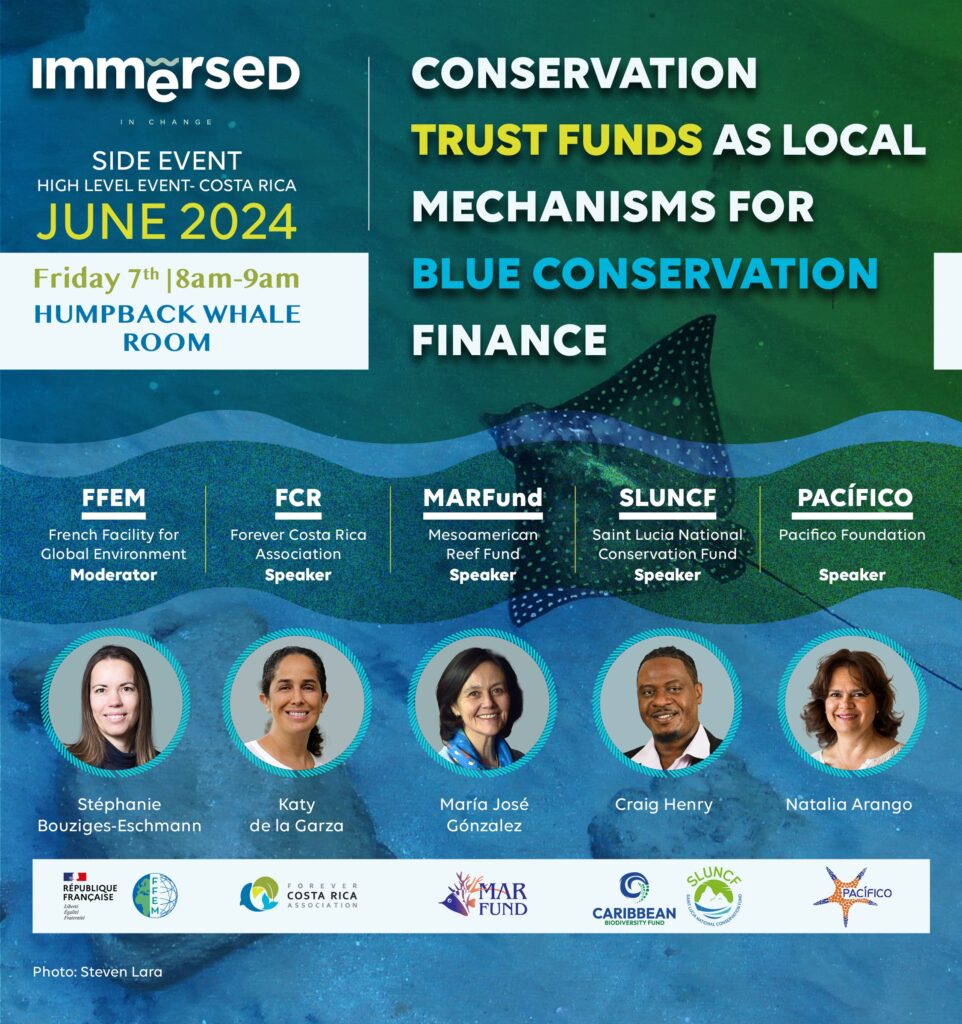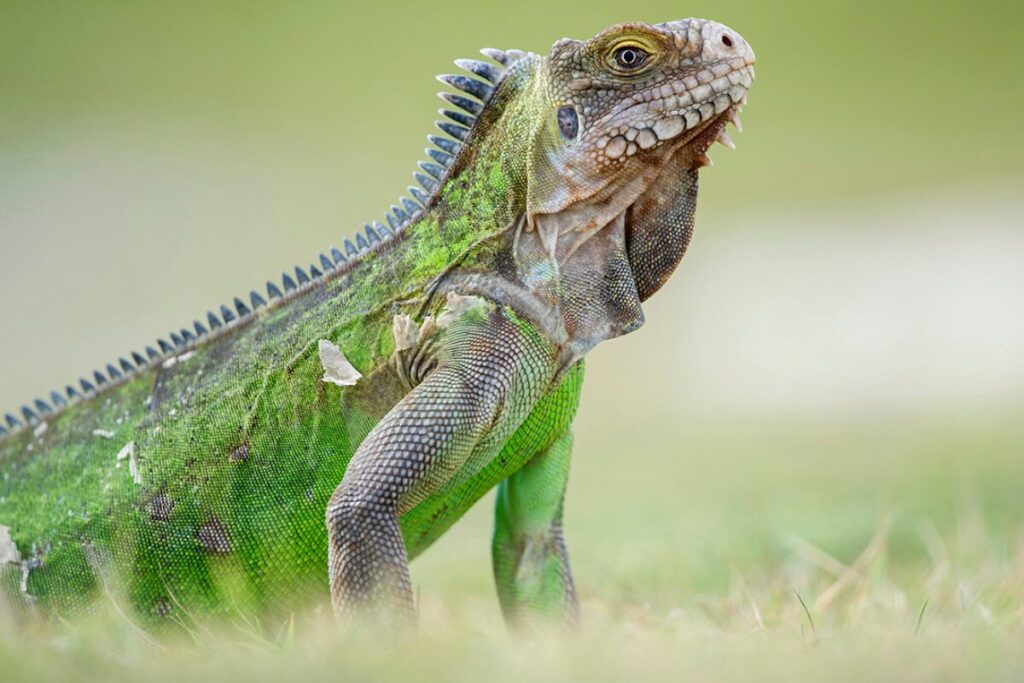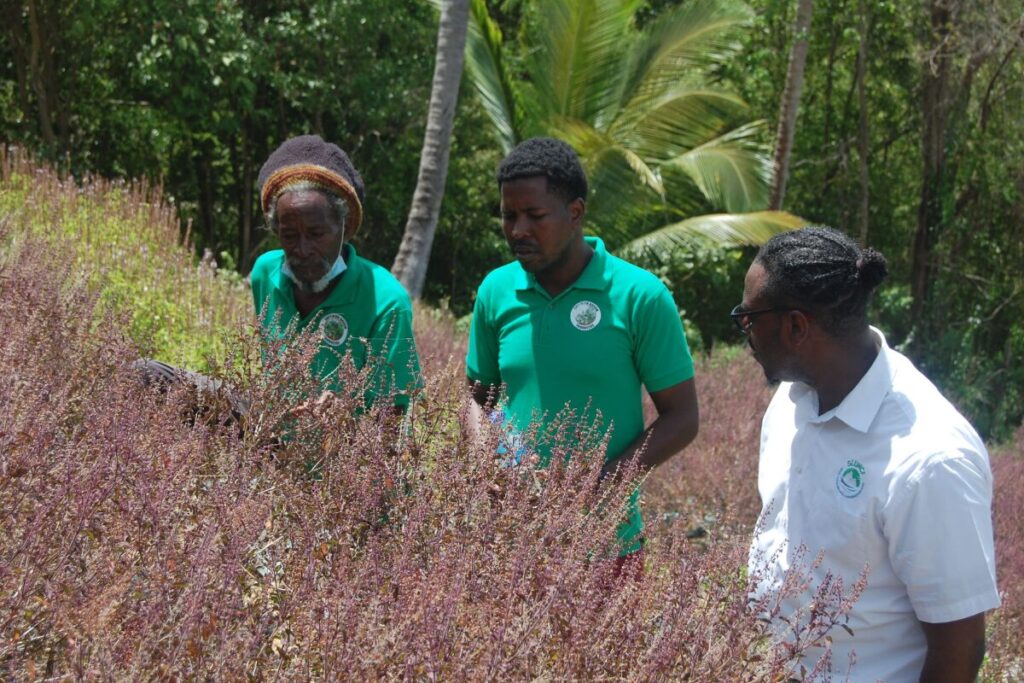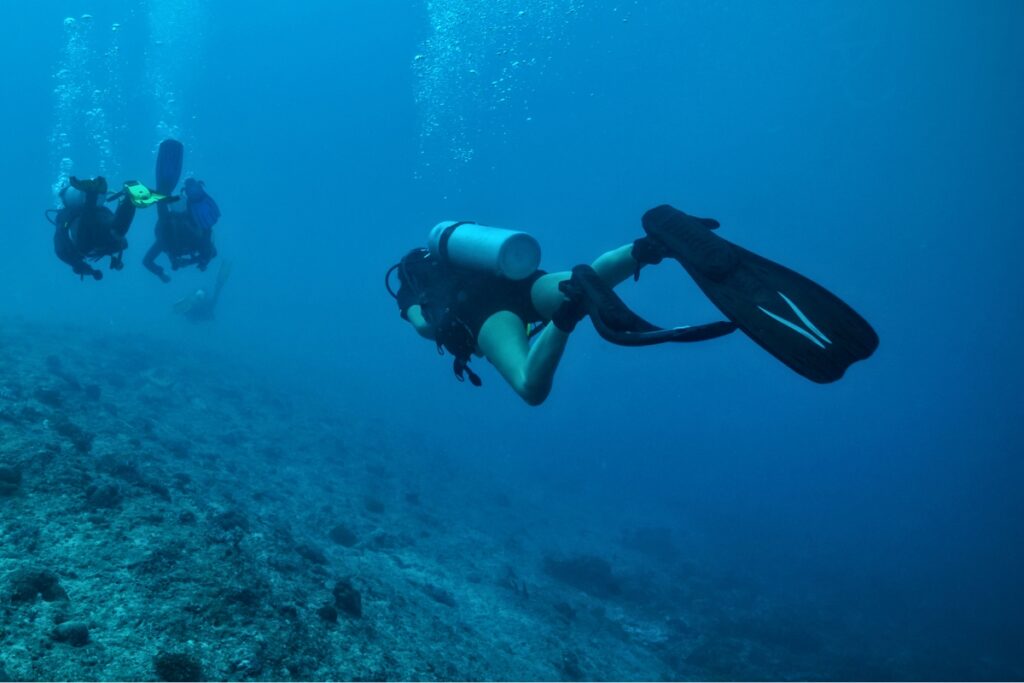Collaborating on Sustainable Financing for Biodiversity Conservation in the Caribbean
The Caribbean region is facing a critical decline in biodiversity, exacerbated by the effects of climate change. Currently, Latin America and the Caribbean are experiencing the greatest regional decline in average population abundance (94%) and freshwater species populations are seeing the greatest overall global decline (83%).
Recognizing the urgency, the Organization of Eastern Caribbean States (OECS) and CARICOM joined forces during the United Nations 15th Conference of the Parties on Biodiversity (COP15) to prioritize biodiversity conservation in the Caribbean region. The collaboration aims to address key priorities such as resource mobilization and financing, coastal and marine biodiversity, and the Global Biodiversity Framework.
Unfortunately, the Caribbean region is also grappling with the consequences of rising temperatures and environmental threats. The past eight years have been the warmest on record globally, while the Stony Coral Tissue Loss Disease continues to spread rapidly across the Caribbean, endangering the trillion-dollar industries of food, tourism, and coastal protection. Furthermore, experts warn of an impending Caribbean-wide coral bleaching event if immediate action is not taken.
Why do we need finance for nature discussions in 2023?
Caribbean economies, still recovering from the COVID-19 pandemic, now face additional macroeconomic shocks that hinder their progress. Rising commodity prices and supply disruptions have led to increased inflation rates across the region, impacting households and their purchasing power. The annual inflation rate climbed to an average of 8 percent by mid-summer in the Caribbean countries according to a 2022 IDB study.
To address these challenges, Caribbean countries are adopting innovative approaches to prioritize environmental sustainability and manage public finances effectively. Barbados, for example, has implemented national policies that prioritize environmental sustainability within its public financial management framework. Belize, amidst economic uncertainties, successfully reduced its debt through the implementation of the Blue Bond Agreement (a debt for nature swap), leading to a significant decrease in the debt-to-GDP ratio.
“In 2020, in the middle of the pandemic, the tourism sector contracted by 16.7% and the debt equaled 133% of GDP. The Blue Bond Agreement, concluded in November 2021, reduced total debt of Belize to 12% and debt to GDP ratio by 25%”, said Beverly Wade, Director for Blue Bond & Finance Permanence Unit in Belize.
However, despite these efforts, funding for protected areas in the Caribbean remains alarmingly low. On average, regional governments allocate a mere 1 percent of national environmental budgets to protected areas, equivalent to just $1.18 per hectare of protected area. For an optimal management scenario, the resources required would be US$1,083 million, twice the amount currently invested in the management of protected areas. No figures for the Caribbean region could be found.
Opportunities for biodiversity financing in the Caribbean
The Caribbean Sea is estimated to account for 14–27 per cent of the Global Ocean Economy with a value of US$ 407 billion. Conserving these vast, blue resources is vital for Caribbean economies. To reverse the decline in biodiversity and combat the effects of climate change, collaborative and sustainable financing is essential.
Debt for nature swaps offer a possible solution. With this mechanism, Caribbean countries can redirect funds toward nature conservation, which they wouldn’t have had otherwise due to financial constraints. In 2022, Barbados announced that it finalized their USD 150 million debt conversion creating long-term sustainable financing for marine conservation. This debt conversion will provide funding to protect up to 30%, or ~55,000 square km of marine resources. Belize was the first country in the region to finalize a debt for nature swap in 2021, for USD 180 million towards marine conservation.
“Debt for nature swaps are not new mechanisms but the structure and the amounts as demonstrated by Belize and Barbados showcase the commitments, perseverance and skilled knowledge of these governments,” indicated Sir Trevor Carmichael from The Land Conservancy in Barbados.
In both debt for nature swaps as highlighted above, the governments established two new Conservation Trust Funds (CTFs) to manage the sustainable financing: Belize Fund for a Sustainable Future and the Barbados Environmental Sustainable Fund.
Long-term sustainable financing for conservation trust funds
The Caribbean is home to around 20 conservation trust funds in 15 countries, supporting conservation of biodiversity projects, including investment in equipment and infrastructure; establishment of councils and training and community participation programs; and scientific research and biodiversity monitoring. CTFs therefore fill an important financing gap at national level to manage and conserve biodiversity.
In the Caribbean, the Caribbean Biodiversity Fund is the only regional Conservation Trust fund. Established in 2012, the CBF operates 3 Finance programs: Conservation Finance program at USD $91 million endowment fund and two sinking funds: the ecosystems-based adaptation program and the Advancing Circular Economy (ACE) program each with USD 26.5 million pledge from the the German Government through KfW. To date the CBF has made over USD 20 M available in 10 years time towards the protection and conservation of natural resources in 15 countries in the Caribbean.
One of the CBF´s development priorities for the region is to support the growth of partner Conservation Trust Funds through capacity building initiatives. Given this commitment, the CBF has secured an estimated USD 21 million in additional funding to implement various regional projects through to 2028. This funding will focus on building capacity of the CBF’s partner conservation trust funds in 12 Caribbean countries. This funding will add to the USD 91 million CBF Endowment Fund, which provides financing to these 12 partner Conservation Trust Funds through the interest it generates.
By investing in nature and conservation trust funds, we not only protect our unique ecosystems but also secure the future of vital industries such as tourism and coastal protection. The Caribbean Biodiversity Fund will continue to play a pivotal role in promoting collaboration and ensuring the advancement of biodiversity conservation in the region.
References:
- Organization of Eastern Caribbean States (OECS) and CARICOM Press Release. Link
- World Meteorological Organization Press Release. Link
- Coral Reef Alliance Blog. Link
- The Guardian Article. Link
- Inter-American Development Bank Study. Link
- Caribbean in Brief: An information document for Caribbean Small Island Developing States. Link







